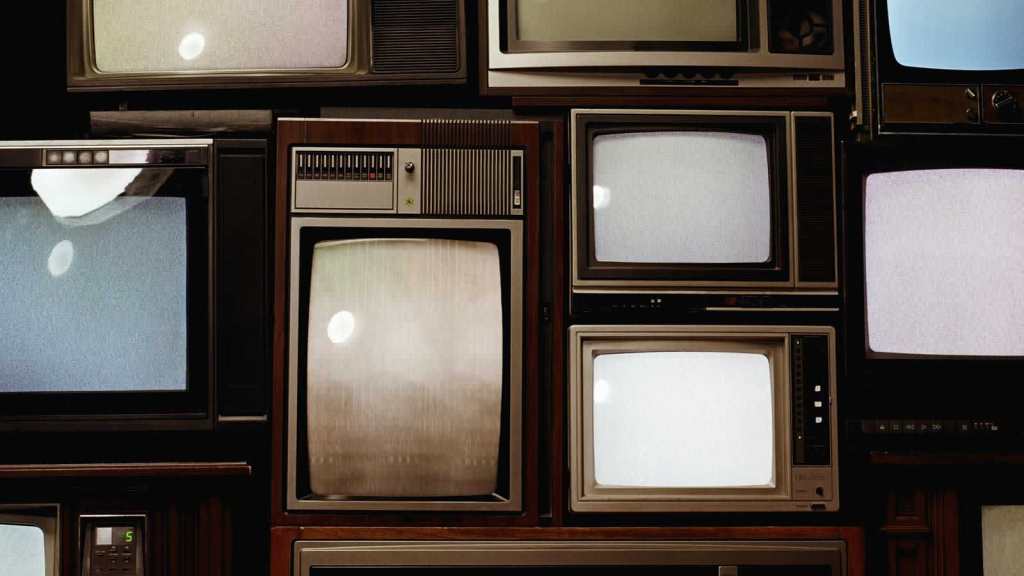Binging — an adjective often used to describe the latest show we’re hooked on.
It got me thinking, the word that is. Binge. We don’t blink an eye when someone sits and watches an entire season in a day, but if I was to eat 35 cheeseburgers for lunch, it would raise a few eyebrows.
Making a connection seems like a stretch. But I beg to differ.
Now asking someone to eat 35 cheeseburgers sounds crazy, I think we would all agree. The thought alone makes you sick. Therefore, we don’t do it.
However, we don’t react the same way when we binge on content. We don’t see anything wrong with it. I pay for a service, I watch it when I want, simple right? What harm am I doing besides not meeting my 10,000-step count target?
But there is a problem. An unconscious one that has potential consequences.
Before the internet became a thing, we would watch our favourite TV shows, one episode at a time each week. The price we’d pay was to sit on a comfy couch and sit through an ad-break every 12 minutes. Seems pretty fair, as we would be entertained for hours without any monetary exchange. A concept that is quickly fading.
Fast forward to 2020, and with smart phones in hand and options at our fingertips, the sense of a fair deal has flipped. The result is we have no reason to be bored nor the need to be patient.
Our free-to-air TV screens are made up of news, sport and reality TV. Why? Is it really the best content we can drum up? Or is the audience too entitled now and the risk is too great to produce original scripted content? I remember Jerry Seinfeld, when asked about the success of Seinfeld, he said he was lucky the show didn’t get axed mid-way through the third season because ratings were poor. But the network showed confidence and backed it in. That may not happen in today’s age. That’s the unseen consequence of our binging — we aren’t aware of what we are missing out on because creators don’t have the confidence or backing to begin their project.
The consequences are also impacting our love of sport. I share the same fears as more viewing options become available. If TV broadcasters lose their audience to other platforms, where will we watch our beloved sports?
Streaming services like Netflix, that give us the ability to binge, have provided amazing content to educate and raise really important issues on a global stage. I know I must sound like an ultra-traditionalist, but I am an optimist, and I think there’s still a valid spot for traditional TV, that sits away from streaming services.
Australian media (and media around the world) has felt this shift towards other mediums and platforms, which has meant reduction in jobs and quality programming.
I’m no expert, but I’m getting tired of seeing great Australian businesses fold each day, especially within the current climate, and Australians just accepting the fact with a sense of helplessness. And largely I don’t blame the individual. Media and government need to speak honestly about this new world we’ve inherited.
If recent events such as the bushfire relief and coronavirus crisis can be a learning or a clear sign that Australians will do anything to help a stranger in need, the time is now.
What is it that you truly value, and love? Ask yourself the question. If it were to disappear tomorrow (like so many businesses are), then how would you miss it? If the answer is yes, take action now. Stop binging (for a few hours), and engage with content that inspires you. Engage with businesses that bring you joy. Bauer Media in New Zealand closed its offices today. That means New Zealand’s largest magazine publisher will no longer exist.
If we support one another as best as possible, we have a fighting chance.







